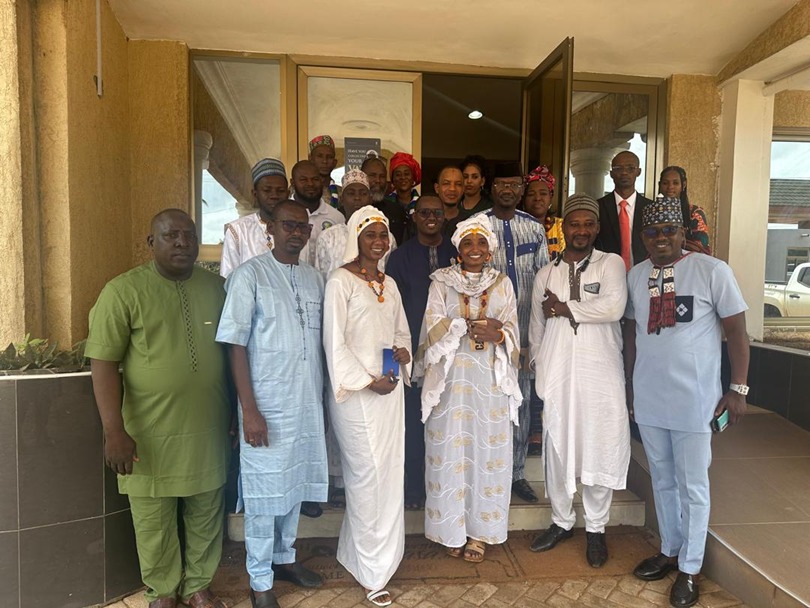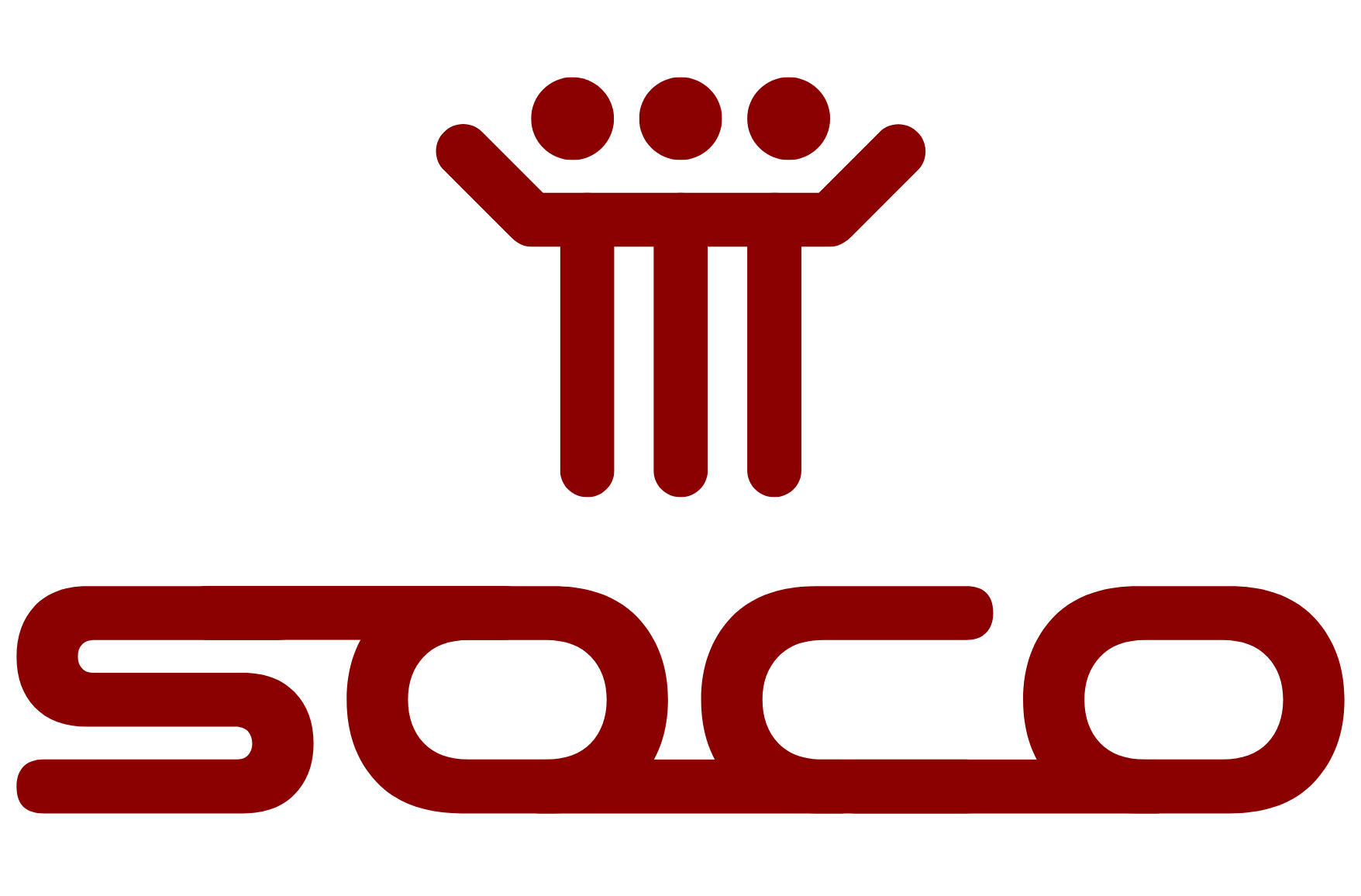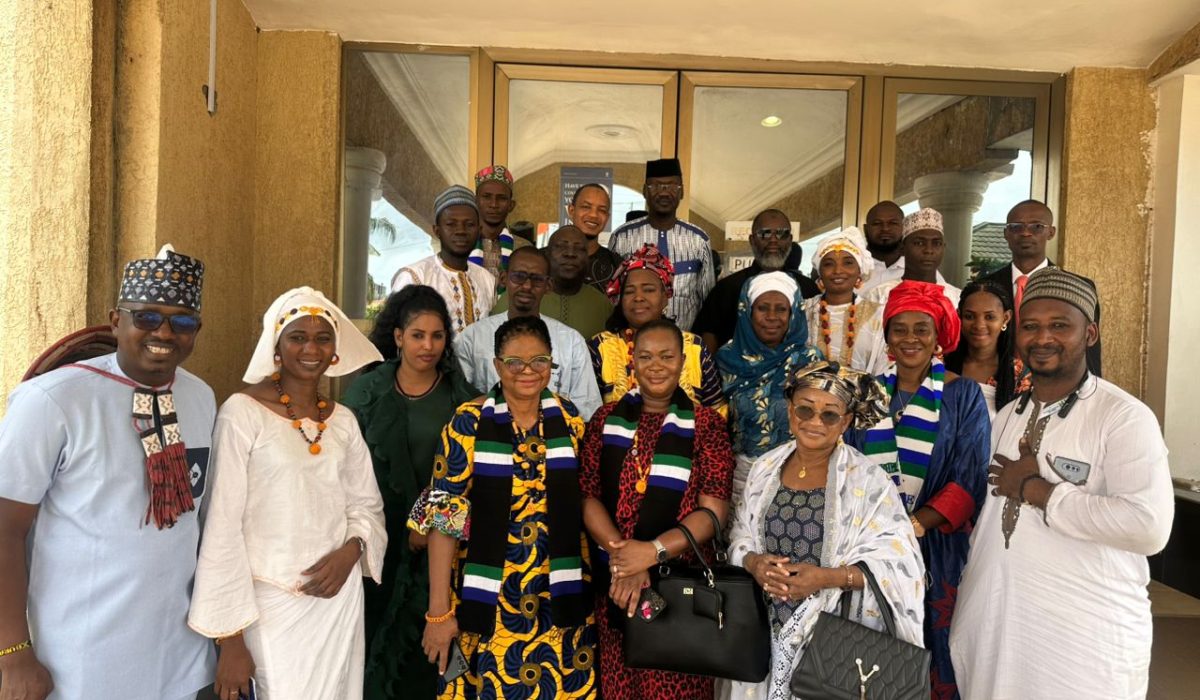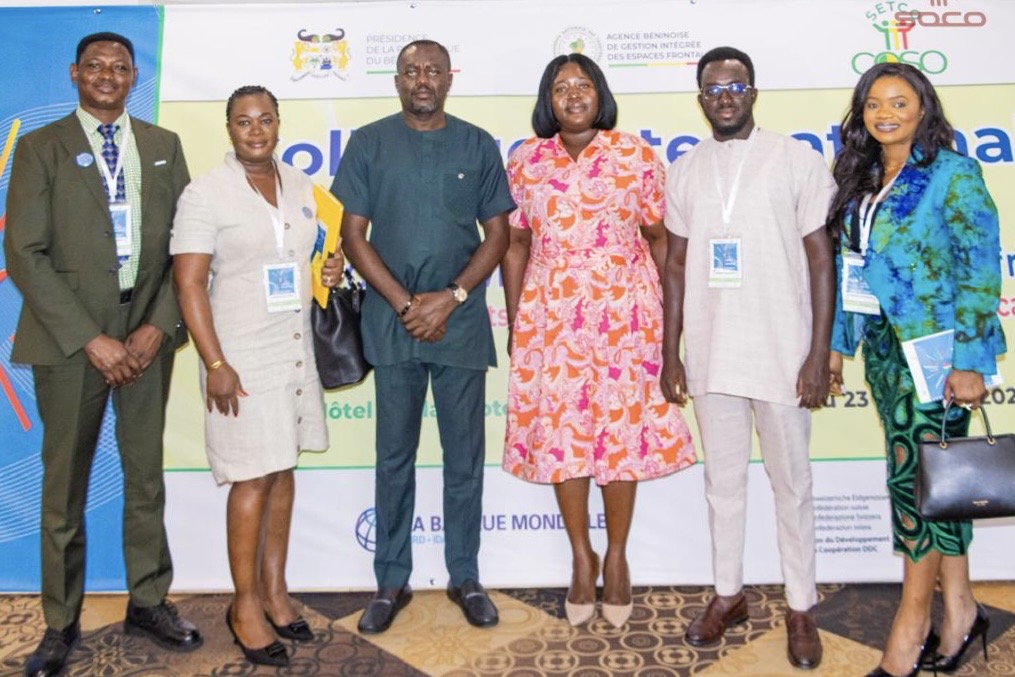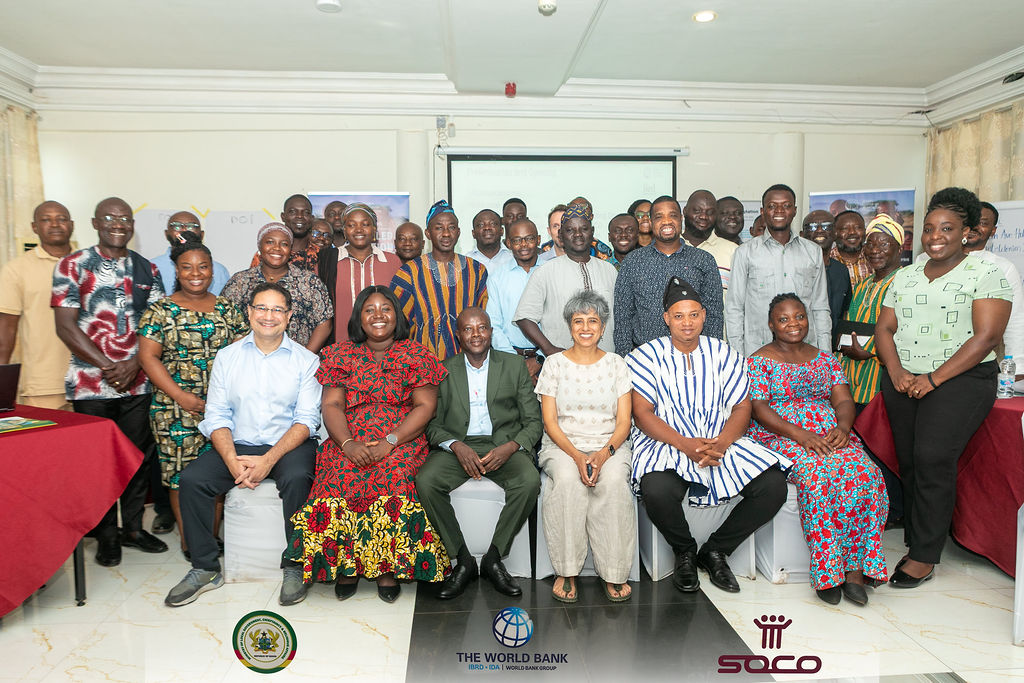The Gulf of Guinea Northern Regions Social Cohesion (SOCO) Project participated in the Third Ordinary General Assembly of the African Organization for Community Integration and Social Cohesion (OAICCS), held at the Bethel Heights Hotel in Madina-Redco, Accra. Under the theme “Community Integration, Intercultural Dialogue, and Social Cohesion: Challenges and Perspectives for a United and Solidary Africa,” the event convened representatives from eleven West and Central African countries alongside key development partners to explore actionable strategies for advancing integration and peaceful co-existence across the continent.
The countries represented included Burkina Faso, Togo, Benin, Côte d’Ivoire, Sierra Leone, Niger, Ghana, Mali, Nigeria, Guinea, and Equatorial Guinea. Discussions centred on the integration of marginalized groups, such as the Fulbe community, and the need for collective efforts to promote intercultural dialogue and sustainable development across borders.
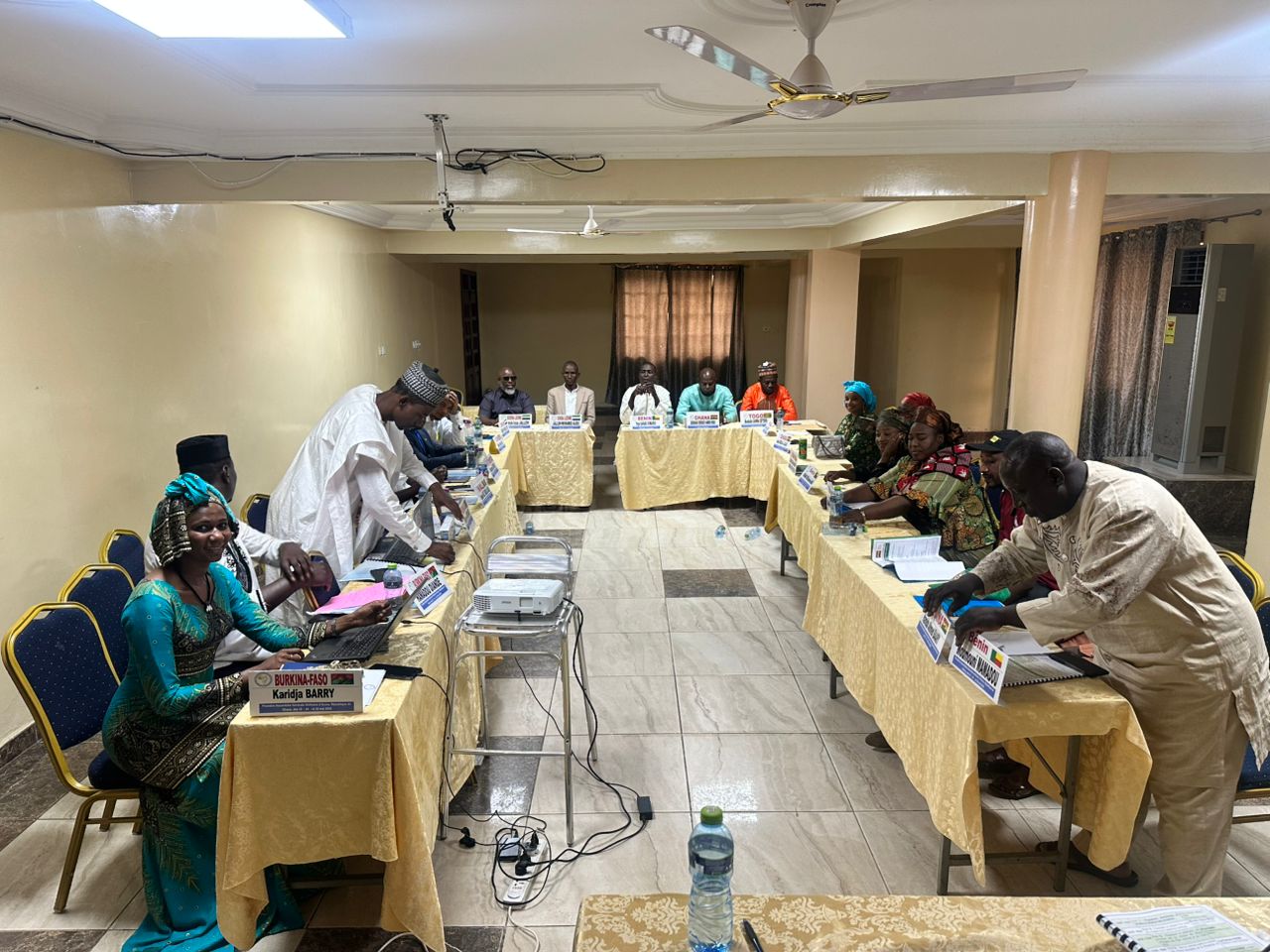
The SOCO Project was represented by Akua Amankwaah Brobbey, Knowledge Management Specialist, and Madam Cedonia Dere, Local Economic Development (LED) Specialist, on behalf of the Project Coordinator, Mrs. Elizabeth Ohenewah Adjei. Their presence underscored the Project’s alignment with OAICCs’ objectives and highlighted the SOCO project’s practical experience in fostering inclusive development in Ghana’s northern border regions.
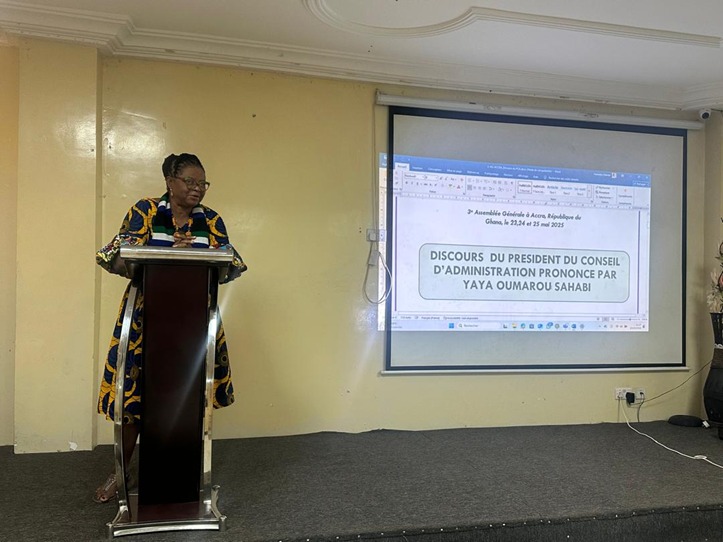
In his opening remarks, OAICCS President Mr. Yahaha Sahabi Oumarou called for greater unity among African states to promote peaceful coexistence and inclusive progress. He acknowledged the critical role of development actors, such as SOCO, in delivering concrete outcomes that promote the integration of vulnerable groups into national development agendas.
Madam Cedonia Dere, in a goodwill message on behalf of the SOCO Project Coordinator, emphasised the Project’s steadfast commitment to inclusion, empowerment, and social cohesion. She highlighted how SOCO, through strategic investments and participatory processes, ensures that minority and vulnerable populations are active contributors to community development. She praised OAICCS for convening such an important gathering and assured participants of SOCO’s willingness to share knowledge and collaborate across borders.
A symbolic moment of appreciation followed, during which representatives from Burkina Faso and Sierra Leone presented souvenirs to the SOCO team in recognition of the Project’s contributions to regional dialogue and cohesion.
The second session of the General Assembly featured interactive discussions on the theme, offering delegates a platform to share experiences and forge common strategies for long-term integration and unity. The session concluded with lunch and the formal closing of the meeting.
By participating in such multilateral events, the SOCO Project actively supports cross-border learning, promotes a unified regional approach to managing fragility, and enhances the socio-political resilience of border communities. These platforms are instrumental for building synergy among nations and aligning strategies that address shared development challenges in the Gulf of Guinea and beyond. As the SOCO Project continues to implement impactful interventions across Ghana’s five northern regions, its engagement with continental actors, such as OAICCS, strengthens the broader goal of building inclusive, cohesive, and resilient societies across West and Central Africa.
